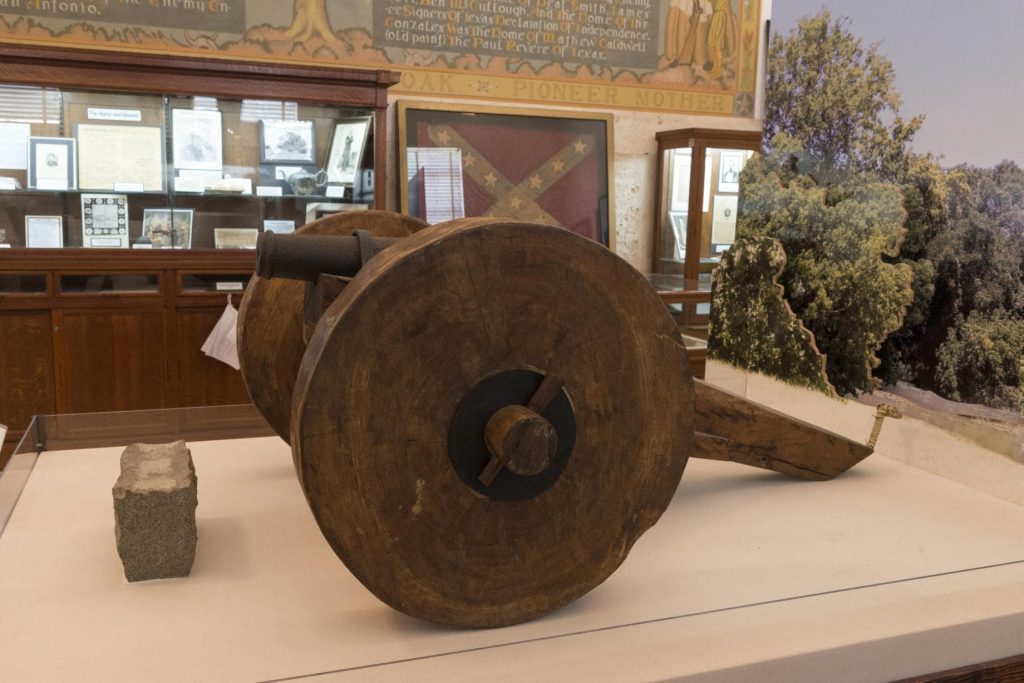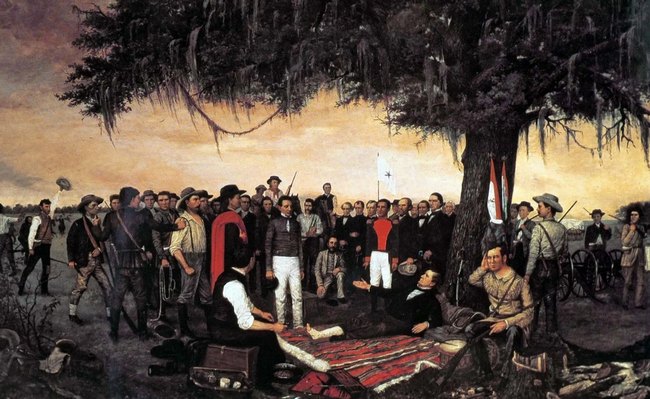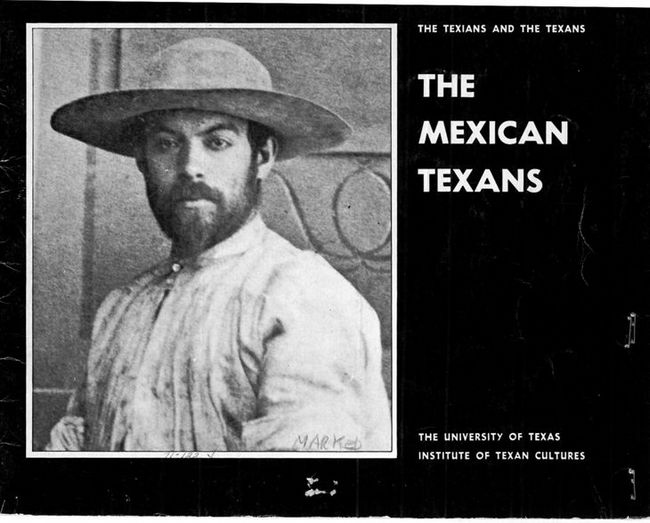
The history of Texas is marked by a diverse and complex array of cultures and peoples.
One of the most significant groups that played a role in shaping Texas’s early history were the Mexican Texans. This article will explore the history of the Mexican Texans and their activities in the early 19th century, including their contributions to Texas’s economy, politics, and culture.
Background
Before the arrival of the Europeans, the region that is now Texas was inhabited by various Native American tribes. However, in 1519, the Spanish explorer Alonso Alvarez de Pineda became the first European to set foot in Texas. In the years that followed, Spain established a number of missions and settlements in the region. These missions and settlements became the foundation for what would later become the state of Texas.

Source: www.legendsofamerica.com
Mexican Texans in the Economy
Mexican Texans played an important role in Texas’s economy during the early 19th century. Many Mexican Texans were skilled farmers and ranchers, and they used their expertise to contribute to the state’s agriculture industry. They introduced new crops, such as chili peppers and avocados, to the region, which became staples in Texas’s cuisine.
Mexican Texans also played a crucial role in the cattle industry. Cattle ranching was a primary industry in Texas during the early 19th century, and Mexican Texans were some of the most skilled and experienced ranchers in the region. They helped to establish the cattle ranching industry in Texas, which would become one of the state’s most significant economic drivers.
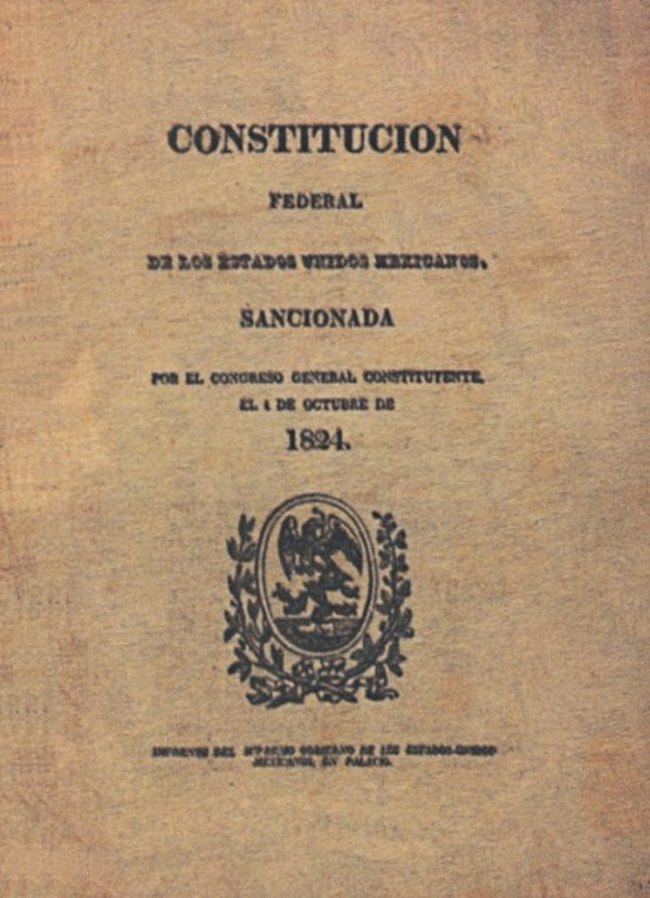
Source: en.wikipedia.org
Mexican Texans in Politics
Mexican Texans also played a role in Texas’s political history. In 1821, Mexico gained its independence from Spain, and Texas became a part of Mexico. Mexican Texans played a significant role in the Mexican government, serving as officials and representatives. They also played a role in the development of the Mexican Constitution of 1824, which established a federal system of government and protected the rights of individual citizens.
However, tensions between Mexican Texans and the Mexican government began to rise in the 1830s. Mexican Texans felt that their rights were being ignored, and they believed that the Mexican government was not taking their concerns seriously. These tensions would ultimately lead to the Texas Revolution, which resulted in Texas gaining its independence from Mexico.
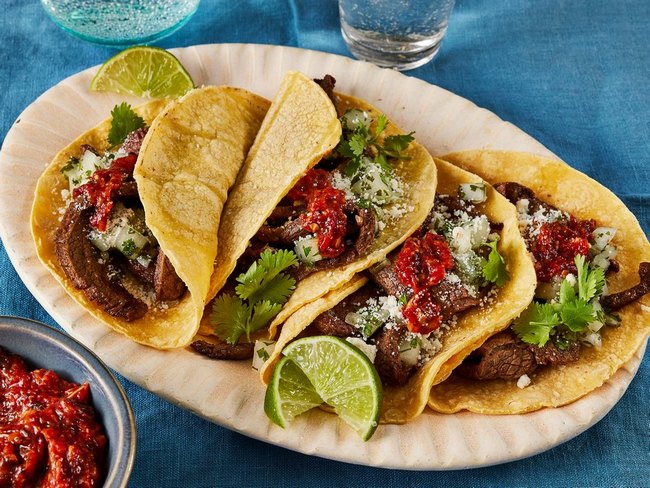
Source: www.allrecipes.com
Mexican Texans in Culture
Mexican Texans also played a significant role in shaping Texas’s culture during the early 19th century. Many Mexican Texans were skilled musicians and dancers, and they brought their traditional music and dance styles to Texas. These styles would later become integrated into Texas’s broader cultural identity, and they continue to be celebrated today.
Mexican Texans also played a role in shaping Texas’s cuisine. Mexican cuisine has had a significant impact on Texas’s food culture, and dishes like tacos, enchiladas, and tamales are now staples of Texas cuisine. Mexican Texans also brought their unique style of barbecue to Texas, which became known as barbacoa.
FAQ
What was the role of Mexican Texans in the early Texas economy?
How did Mexican Texans contribute to Texas's political history?
What was the relationship between Mexican Texans and other ethnic groups in early Texas?
How did Mexican Texans shape Texas's cultural identity?
How did the Mexican-American War impact Mexican Texans in Texas?
What was the role of religion among Mexican Texans in early Texas?
What was the impact of Mexican Texans on the development of the Texas Revolution?
Conclusion
The history of Texas is marked by a diverse array of cultures and peoples, and the Mexican Texans were a significant group that played a role in shaping the state’s early history. Mexican Texans made important contributions to Texas’s economy, politics, and culture, and their legacy can still be seen today. Understanding the history of the Mexican Texans is crucial to understanding Texas’s broader history, and their contributions should be celebrated and remembered.
